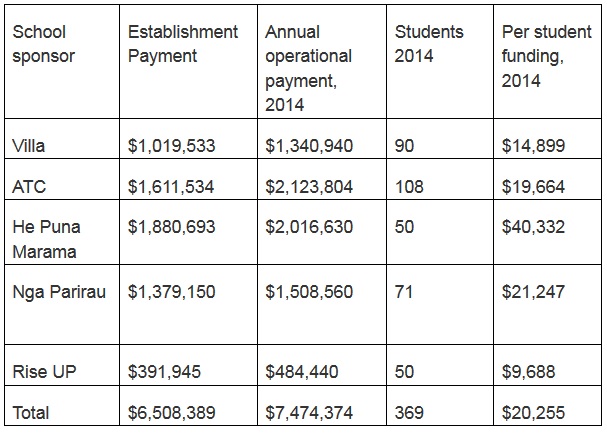Today's NSALeak: the NSA spied on the Copenhagen climate change talk, and the US used the information to undermine them:
The National Security Agency monitored the communications of other governments ahead of and during the 2009 United Nations climate negotiations in Copenhagen, Denmark, according to the latest document from whistleblower Edward Snowden.
The document, with portions marked "top secret," indicates that the NSA was monitoring the communications of other countries ahead of the conference, and intended to continue doing so throughout the meeting. Posted on an internal NSA website on Dec. 7, 2009, the first day of the Copenhagen summit, it states that "analysts here at NSA, as well as our Second Party partners [that means us - I/S], will continue to provide policymakers with unique, timely, and valuable insights into key countries' preparations and goals for the conference, as well as the deliberations within countries on climate change policies and negotiation strategies."
[...]
The Danes did share the text [of their proposed draft agreement] with the U.S. and other key nations ahead of the meeting. But the NSA document noting this as "advance details" indicates that the U.S. may have already intercepted it. The paragraph referring to the Danish text is marked "SI" in the Snowden document -- which most likely means "signals intelligence," indicating that it came from electronic information intercepted by the NSA rather than provided to the U.S. negotiators.
That could be why U.S. negotiators took the positions they did going into the conference, a Danish official told Information. "They simply sat back, just as we had feared they would if they knew about our document," the official said. "They made no constructive statements. Obviously, if they had known about our plans since the fall of 2009, it was in their interest to simply wait for our draft proposal to be brought to the table at the summit."
US behaviour at Copenhagen has since totally undermined global climate change talks. Meanwhile, US industry continues to pollute the atmosphere and destroy the global environment. That's what NSA spying is supporting - and its another reason we need to get rid of the entire spy network.






